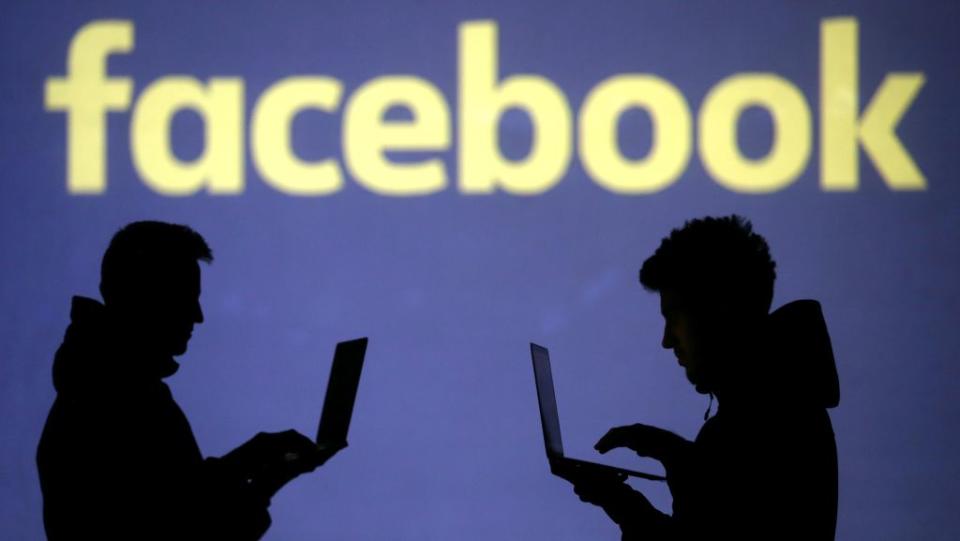How much would you pay for Facebook?

Some of the most useful things online are free. Facebook is free. Wikipedia is free. Google maps, Gmail, and Google search are all free. If you don’t mind some advertisements, basically all the music in the world is free via Spotify and YouTube.
Yet all of these services are worth something. Many people would probably pay directly to use at least one of them. But how much?
In a recently released research paper (paywall), published by the National Bureau of Economic Research, a group of economists sought to figure this out. The economists, from MIT and the University of Groningen, set out to measure the value of these free digital products because GDP, the gauge traditionally used to assess the size of the economy, does a terrible job of assessing them.
In fact, since GDP is based on the value of purchased goods and services, a free product can actually decrease GDP. The researchers cite Wikipedia as an example. The advent of Wikipedia led fewer people to buy the Encyclopedia Britannica, a product with a known dollar value, and thus lowered GDP. (This was the direct effect—Wikipedia might have boosted GDP because it served as a value-enhancing resource to other businesses.)
In order to assess the value of free digital products, the researchers conducted a simple experiment asking people whether they would rather have access to a service or receive a certain amount of money. For example, in the case of Facebook, they asked people if they would prefer $10 or to give up Facebook for a month. The amount offered varied in increments between $1 and $1,000. To keep people honest, the researchers told respondents that one out of 200 respondents would actually have their choice enforced. (A complementary experiment found that the threat of enforcement is needed to obtain honest answers.)
In 2016, they surveyed about 1,500 people and found that $50 was what it took for half of respondents to take the money rather than be able to use Facebook for a month. The researchers admit their estimate is not all that precise—1,500 people isn’t that big a sample for a study of this kind. But the economists feel confident the actual number was somewhere between $30 and $70. They conducted the same experiment in 2017, and the payment necessary to get half of respondents to give up Facebook was closer to $40. This might be because people valued Facebook less, or just a random finding.
Using a similar methodology, the researchers also came up estimates for how much the typical person values a year of free email ($8,400), digital maps ($3,600), and e-commerce sites like Amazon ($840).
But the main point of their research was not to identify precise values for free products. The goal was to show that such assessments were possible to obtain simply and cheaply. They hope that future researchers will ask a greater number of people these questions and arrive at more accurate estimates. Failing to appreciate the value of these products, they argue, makes a reasonable evaluation of economic progress impossible.
Sign up for the Quartz Daily Brief, our free daily newsletter with the world’s most important and interesting news.
More stories from Quartz:

 Yahoo Finance
Yahoo Finance 